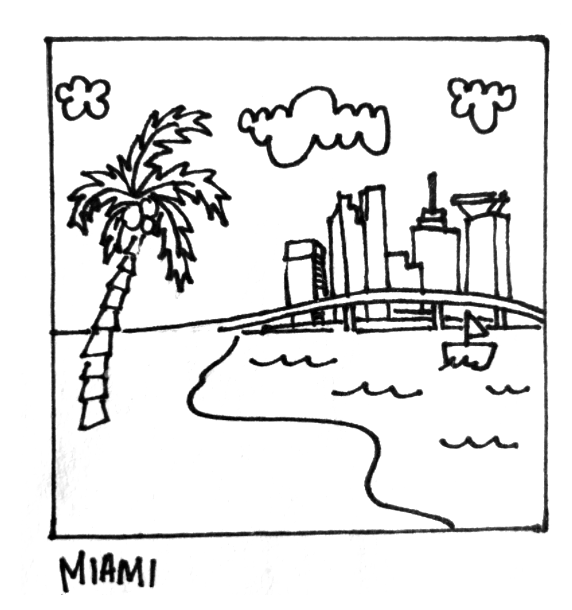Finite and Infinite Games has been on my reading list for years. I finally got around to it and thoroughly enjoyed the short pithy book. It’s a philosophical treatise on game theory, rife with aphorisms and thought-provoking declarations. I didn’t agree with everything but it’s the first thing in a while that really got me thinking in a new way.
Here’s the TLDR:
There are at least two kinds of games: finite and infinite.
No one can play who is forced to play.
Finite players play to win and therefore end the game. Infinite players play to connect/ grow and therefore continue the game at all costs.
Any player can quit playing at any time. Finite players have to forget this freedom in order to play competitively/ win at all costs. They must “veil this freedom from themselves.”
We cannot play alone.
Society is a finite game. A society aims for supremacy over other societies. Societies begin and end. Society exists to protect property, titles and power. Societies depend on conflict, enemies and war.
Culture is an infinite game. Cultures are continuous, anyone can participate in a culture and in so doing change the culture itself. Culture has no objective, outcome or conclusion.
A society is defined by its boundaries. A culture is defined by its horizon.
Finite games exists within an infinite game. A finite game occurs within a world.
There are an indefinite number of worlds.
Freedom is a function of time. We must have time to be free or we must be free to have time.
Nature is the realm of the unspeakable.
Explanations settle issues, showing that matters must end as they have. Narratives raise issues, showing that matters do not end as they must, but as they do. Explanations set the need for further inquiry aside. Narratives invite us to rethink what we thought we knew.
The contradiction is that it must end by being heard, the paradox of infinite speech is that it continues only because it is a way of listening.
We control nature for societal reasons.
Human freedom is not freedom from nature but freedom to be natural.
The more power we exercise over the natural process, the more powerless we become before it. In a matter of months, we can cut down a rainforest that took tens of thousands of years to grow, but we are helpless in repulsing the desert that takes its place. And the desert of course is no less natural than the forest.
In treating nature as if it belongs to us, we must soon treat nature as though it belongs to no one.
The attempt to control nature is at its heart the attempt to control other persons.
Waste is unveiling. Waste is the anti-property that becomes the possession of losers. It is the emblem of the untitled.
A myth provokes explanation.
A culture can be no stronger than its strongest myths.
The opposite of resonance is amplification. A choir is the unified expression of voices resonating; a loud-speaker is the amplification of a single voice. A loudspeaker makes it impossible for other voices to be heard. There is no possibility of conversation with a loudspeaker.
Ideology is the amplification of myth. It is the assumption that beyond a specific ideology there is nothing more to say.
There is only one infinite game.
Pithy Aphorisms
Only that which can change can continue.
The license never belongs to the licensed, nor the commission to the officer.
“To believe is to know you believe, and to know you believe is not to believe.” Sartre
“Man is born free, and everywhere he is in chains.” Rousseau
Deviancy is the very essence of culture.
It is because I cannot see what you see that I can see at all.
A god can create a world only by listening.







